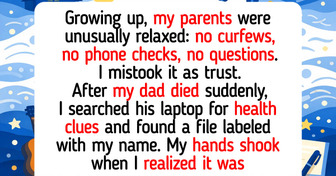Exactly what I would do. Don't waste your time with people who don't appreciate what you do for them. I learned that the hard way.
I Followed My Boss’s ‘No Overtime’ Rule—And Watched His Career Crash Overnight
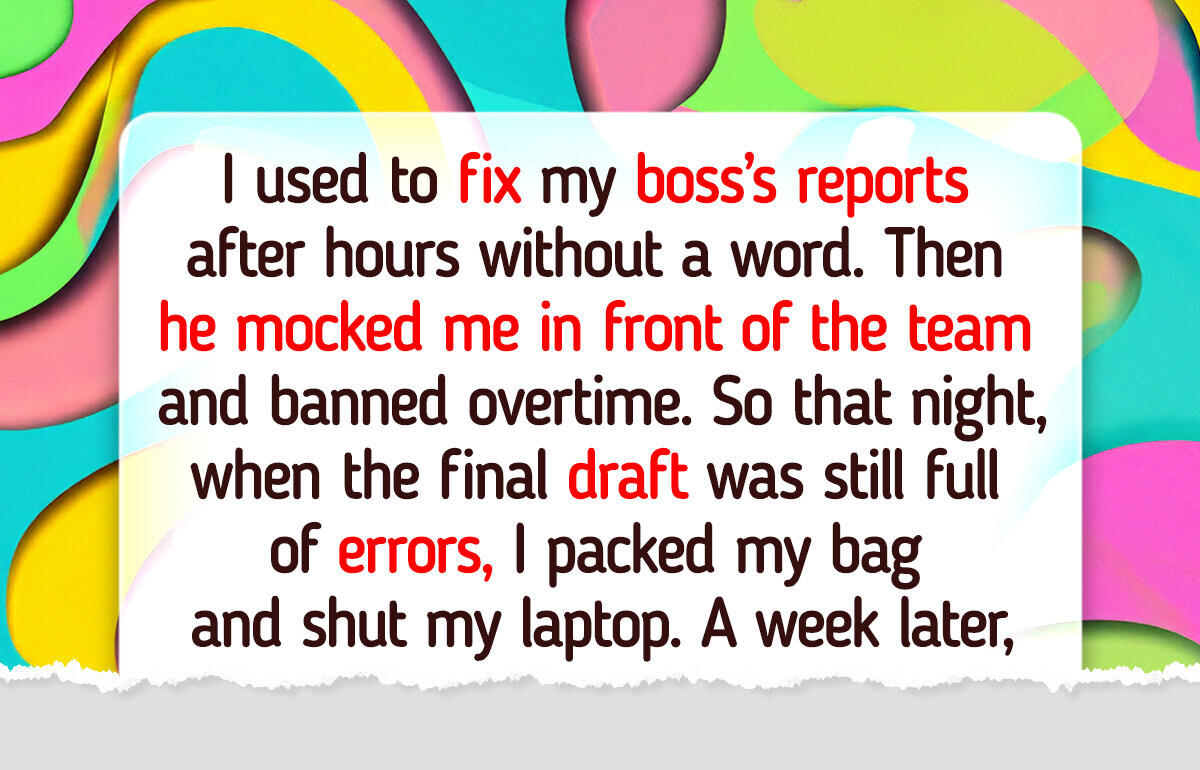
Working is an essential part of adult life, providing income, purpose, and structure. However, the workplace often brings together diverse personalities, leading to misunderstandings or conflicts. Work drama can stem from competition, miscommunication, or clashing egos. While some drama is inevitable, managing it well is key to maintaining a healthy and productive environment.
Behind scenes.
Hello Bright Side!
I used to think staying late made me a team player. Every evening, after everyone else left, I sat at my desk fixing the same report. Not mine—my boss’s. His rushed, typo-filled, data-warped mess that had to go out before morning. I cleaned it up, checked the numbers, and polished the language.
Unseen effort.
I didn’t complain. I told myself I was helping the company, protecting our reputation. But the truth? I was covering for someone who never even noticed.
He called me out in front of everyone. One day, during a morning meeting, my boss looked straight at me and smirked, “We’re all grateful for your... heroics, but you’re not paid to be a hero.”
Thankless hours.
Everyone chuckled. Except me. I felt like I’d been slapped. No “thank you,” no “good job.” Just a jab in front of the entire team.
And then, as if that wasn’t enough, he sent out an all-staff email later that day: “reminder: no overtime is allowed without prior written approval.”
By the rule.
I stared at the screen for a moment, stunned. Not even a direct message—just a cold blanket policy, clearly aimed at me. Fine, I thought.
You don’t want overtime? You won’t get it. I clocked out at 5 and let the errors roll in.
Just my job.
The next day, I did my job. Just mine. I didn’t stay late. I didn’t open his report. I didn’t fix a single sentence.
At exactly 5:00 p.m., I packed my bag and walked out, leaving his half-done draft sitting in the shared folder with all its errors—misaligned figures, misspelled names, outdated charts. Normally, I’d have stayed to fix it all. But now? Not my problem.
Shifted lines.
A week later, the client received the report as scheduled. But this time, it wasn’t perfect. He got dragged into a disaster. While I ate dinner in peace around 7 p.m., my phone started buzzing.
First it was a group message: “Why does this data contradict last week’s?” Then a direct ping from my boss: “Did you review the report?”
No more sacrifice.
I didn’t answer. I was out with my wife, enjoying a steak dinner I hadn’t had time for in months.
By 9 p.m., the client was livid. There was a late-night call with leadership. People scrambled to rewrite the report, but the damage was done. I slept like a baby that night.
The turning point.
He couldn’t look me in the eye when I walked into the office the next morning, my boss didn’t say a word. He looked tired. Rattled. His shoulders slouched just a bit.
For once, he sat down and double-checked his own work. No apology. No acknowledgment. But he never joked about “heroics” again. And he never sent another email about overtime.
Peace earned.
Sometimes, the best payback is obeying the rules. I didn’t need revenge, I didn’t raise my voice or throw a tantrum. I just followed the rule exactly the way he asked. And in doing so, I reminded him—and maybe the whole team—what I’d been doing all along.
Justice served.
If you’re someone who’s been picking up the slack quietly, maybe it’s time to stop playing the hero. Let them see what happens when you’re not there to catch the mistakes. Sometimes, malicious compliance is just justice.
Comments
Related Reads
I Refused to Give Up My Seat to My DIL’s Spoiled Kid
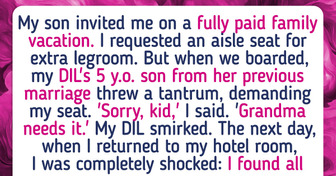
My MIL Secretly Removed All Vegan Options From Our Wedding, So I Gave Her a Taste of Her Own Medicine
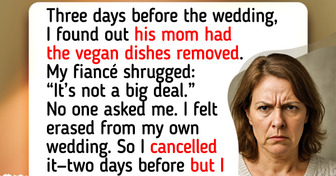
11 Plot Twists That Could Even Make Hollywood Jealous
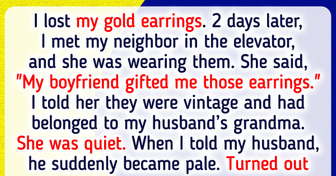
12 People Who Wanted a Renovation and Ended Up With Wild Stories Instead
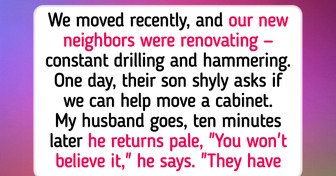
I Caught on Camera What My MIL Was Doing While Babysitting My Kid, And I Don’t Know What to Think

My Best Friend Betrayed Me in the Worst Possible Way, but Karma Had My Back
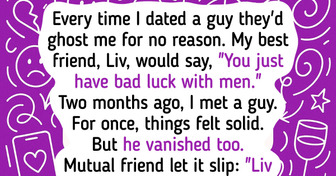
12 Stories That Prove Grandparents Are the Heart and Soul of Family
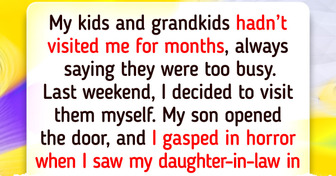
I Left My Husband Because of What He Wanted Us to Do on Our Wedding Night
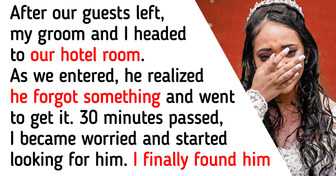
I Banned My MIL From Our House After Overhearing What She Told My Husband

15 Times People Refused to Be Mean—And Kindness Proved More Powerful
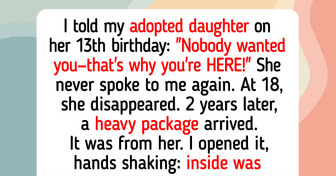
I Refused to Give Up My Baby, So My Mom Exposed a Terrible Secret

13 Parents Who Chose Their Kids Even When It Cost Them Everything
